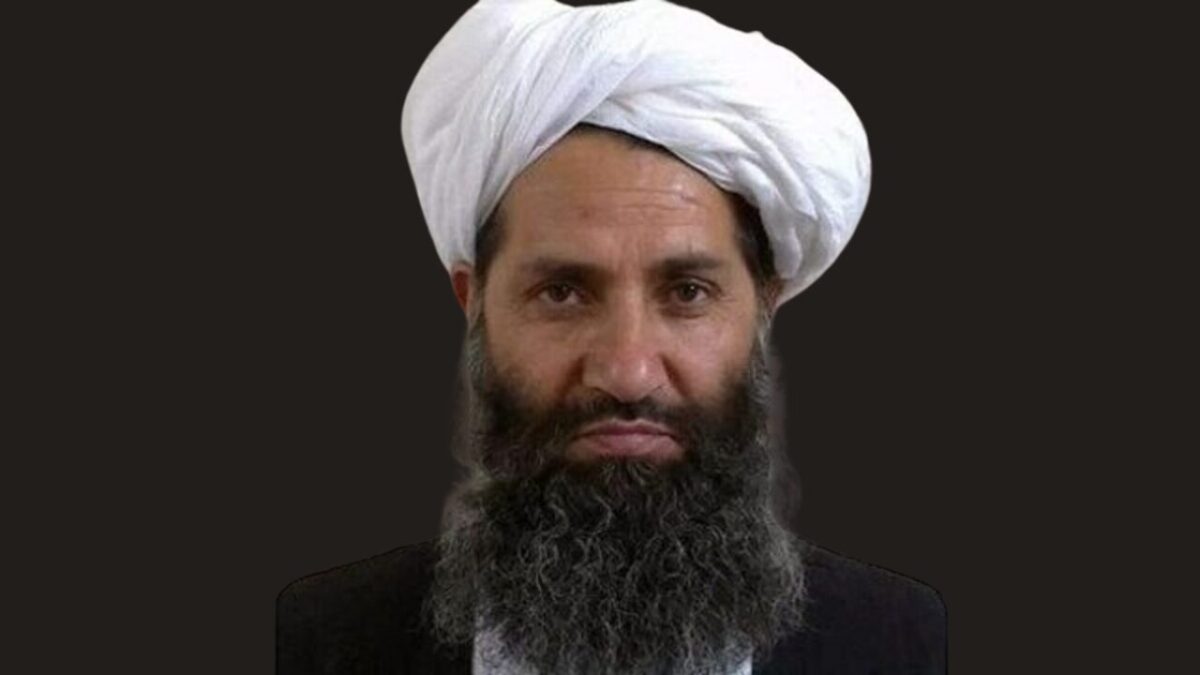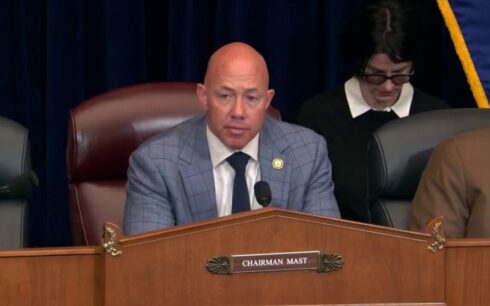KABUL — The Taliban’s supreme leader, Hibatullah Akhundzada, has once again claimed that all his decrees are derived from the Quran and Hadith, calling them “the commands of God”.
Akhundzada made the remarks on Wednesday during a gathering at the Grand Mosque of Kandahar University, attended by professors, students, and university staff, according to a Taliban statement.
In his speech, Akhundzada emphasized the importance of both religious and modern education, telling attendees that “madrasa and university are one” and that both must be protected and supported.
He urged professors and students to pursue knowledge “with sincerity”, while reaffirming the Taliban’s commitment to religious education.
However, since the Taliban’s return to power in August 2021, hundreds of university professors and academics have fled Afghanistan, fearing repression, censorship, or persecution.
Despite his comments on education, Akhundzada has issued a series of decrees banning girls and women from schools and universities.
Following the Taliban’s takeover, girls were barred from attending secondary schools, and later, universities were closed to female students.
Most recently, Akhundzada ordered a ban on women’s enrollment in medical institutions, one of the last remaining opportunities for Afghan women to pursue education.
The Taliban’s acting health minister, Noor Jallal Jalali, conveyed the directive during a meeting with ministry officials, instructing that no medical institute may admit female students.
The Taliban’s restrictions on women’s education and rights have drawn sharp criticism from Afghan citizens, Islamic scholars, international organizations, and governments.
The president of the International Union of Muslim Scholars, speaking at an Organization of Islamic Cooperation (OIC) summit in Islamabad, indirectly condemned the Taliban’s policies, saying their interpretations were based on personal ideology rather than Islamic teachings.
“Declaring what is permissible as forbidden is one of the gravest sins,” he said.
In the latest response to Taliban policies, a prosecutor at the International Criminal Court (ICC) has requested arrest warrants for Akhundzada and Abdul Hakim Haqqani, head of the Taliban’s Supreme Court, on charges of gender-based persecution and crimes against humanity.
Despite mounting pressure, the Taliban have shown no signs of reversing their policies, instead tightening restrictions on education, women’s rights, and civil liberties across Afghanistan.





